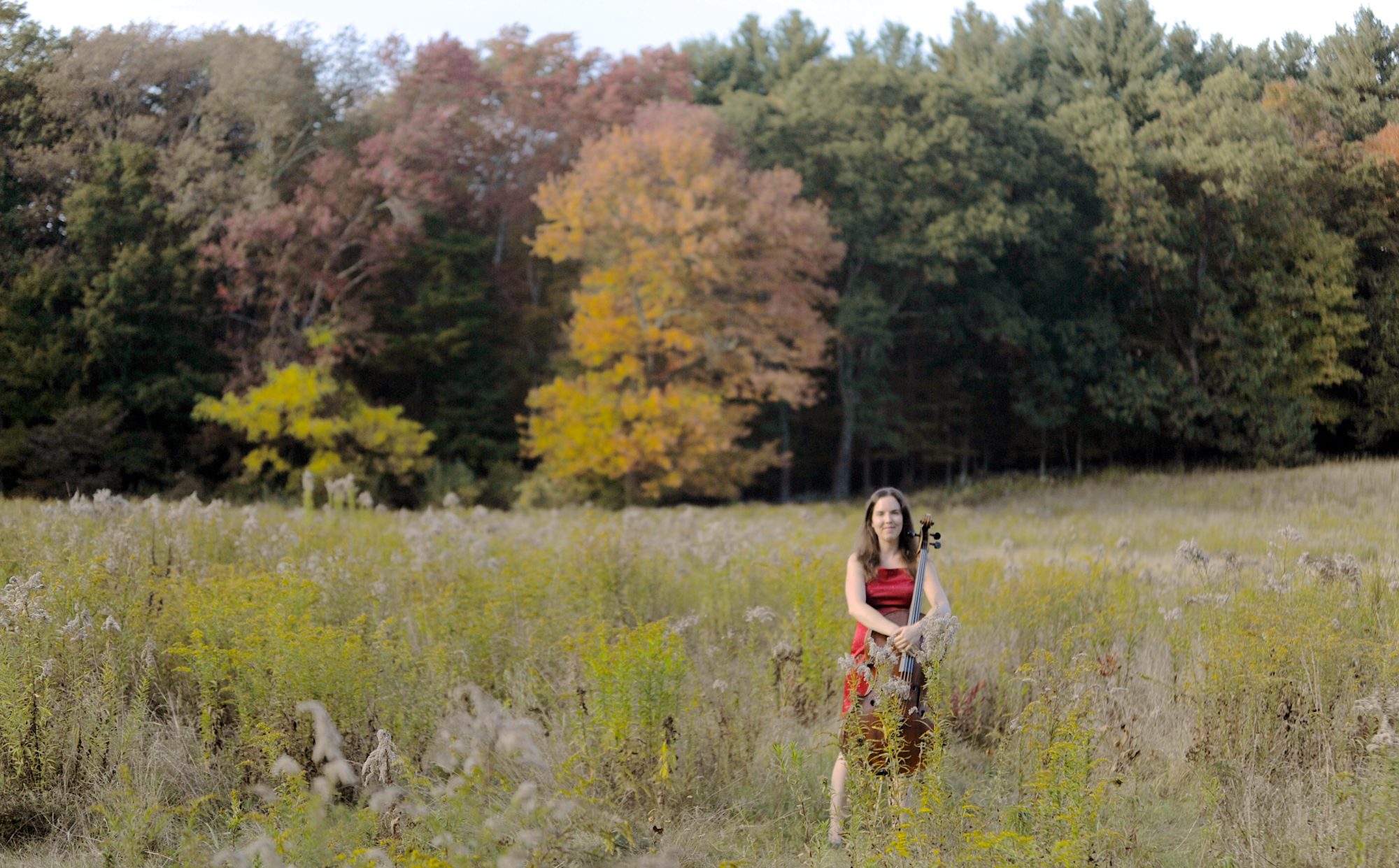All Newton Music School
www.allnewton.org
Cello Bow Hold Article published in American String Teacher, May 2018
http://journals.sagepub.com/doi/10.1177/0003131318759922
Doctoral Dissertation: Exploring the Intersection of Cello and Poetry, May 2016
https://hdl.handle.net/2144/18301
Statement of Teaching Philosophy
Education is a lifelong process that is sustained by self-replicating curiosity and a passion for discovery. As a teacher I aim to stimulate the mind, foster critical thinking, and guide my students to become self-directed learners. I still remember the bubbling excitement I felt at the end of my first cello lesson. My previous belief that lessons were only for inept players was quickly discarded and replaced by the anticipatory sensation of peering “down the rabbit hole.” I aspire to activate the same exhilaration in my students.
Students need a teacher who will help them to reach their potential and provide support throughout the process. When students leave lessons with me they have a clear understanding of what they should practice over the week. They have several methods or tools to apply to problems identified in the lesson and they understand how to improve the problems. I want students to feel motivated to practice even if they know something is difficult.
There are three general teaching methods which I adjust to the needs of the particular student: observe and imitate, divide and conquer, and find the motivation. I demonstrate to give students a clear idea of what I am asking and I have them evaluate what they hear so they can assess their home practice. Developing the ear is a key part of my lessons. I am convinced that if students develop an ear for a beautiful cello sound, they will demand that of themselves. Once students enjoy the sounds they make, their desire to practice increases dramatically.
Because cello-playing is complex, it is often efficient to isolate one aspect. I frequently have my students use only one hand and focus on that mechanism. Once they understand the concept and can demonstrate it, I will provide the other hand on their instrument. Students find this a fun game and it allows them to address a manageable task. Divide and conquer allows us to get things done quickly and gives students a sense of accomplishment. I want students to have high expectations for themselves while understanding that making mistakes helps us learn. Students need to push their boundaries and go beyond their comfort zones so when they leave the bubble of the studio they are secure in their self-sufficiency.
Finally, I search for my students’ motivations. Knowing someone’s perspective helps me figure out how best to teach them. I want to help my students develop their own voices and follow their own paths. In my quest to find and inspire motivation, I frequently draw upon fields outside of music. I believe the ability to find connections among different disciplines leads to a richer understanding of life.
For example, I had a rather muscular student who tended to make a choked sound when he tried to play loudly. In spite of his advanced left hand technique, he apparently thought power could only come through brute force. In addition to demonstrating some relaxation exercises, I showed him a video of Mikhail Baryshnikov dancing so he could see strength coexisting with elegance. My student said he had never seen a man move so gracefully. Watching the video made him want to seek out other new experiences in college.
I want my students to leave lessons with a curiosity that will fuel their ability to grow as cellists and people.
How Playing An Instrument Benefits Your Brain
https://ed.ted.com/lessons/how-playing-an-instrument-benefits-your-brain-anita-collins
